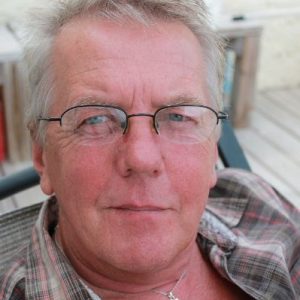The idiot’s guide to the Caribbean
 By Chris Morvan
By Chris Morvan
It’s all Christopher Columbus’s fault. He was trying to get from Spain to south Asia, but ended up in the Caribbean. Easy mistake to make. Just fail to turn left when you come out of the Mediterranean and you are heading across the Atlantic ocean, bound for the wrong continent.
My recent introduction to this island threw up the complexity of having two “sides” (actually a top and a bottom part) with a plethora of nationalities and languages and two versions of the name.
LOGIN TO READ MORE... THIS IS A PREMIUM ARTICLE. YOU NEED AT LEAST YEARLY SUBSCRIPTION TO ACCESS THIS ARTICLE.
...
Some articles or portions of articles are restricted exclusively for our registered members and paying subscribers. Please login here to read the rest of this article. If you do not already have a paid subscription, you will need to register here and pay for a subscription first in order to gain access to our website to read articles or contents that are restricted to paid subscribers. You need to buy at least a Day subscription for 75ct to gain access. Or log in first if you are already a registered paying subscriber to this website. Click here to register and support our work with a paid subscription.
























